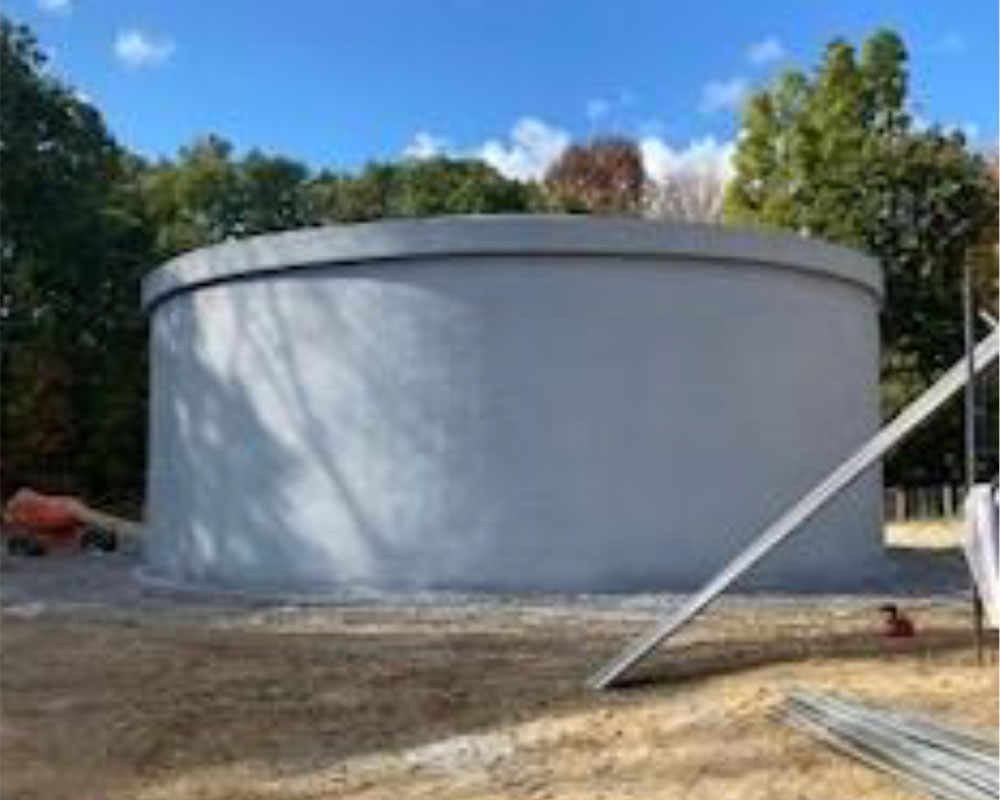Plaistow, N.H., is changing its drinking water disinfection process beginning Monday.
The town said in a statement it is moving from free chlorine to a chloramine disinfection process which combines chlorinated water with small amounts of ammonia.
“It is commonly used for disinfection in public water systems in New Hampshire, the United States and worldwide, and is preferred for reduced formation of disinfection byproducts and its long-lasting residual,” the statement read.
Last month, elevated levels of haloacetic acids, blamed on disinfectant byproducts in the town’s new water supply, were brought under control. Water comes to Plaistow from Salem by way of the Hampstead Area Water Company system in Atkinson.
Officials said water disinfected with chloramine is safe for drinking, cooking, bathing and everyday use, but Chloramine, like chlorine, must be removed from water prior to use in dialysis machines and can be harmful to fish and amphibians. However, proper filters and de-chloramination products address these concerns.
The U.S. Environmental protection Agency, Centers for Disease Control and World Health Organization have called chloramine a safe disinfectant and the water disinfected with chloramine within regulatory standards has no known or expected adverse health effects.

